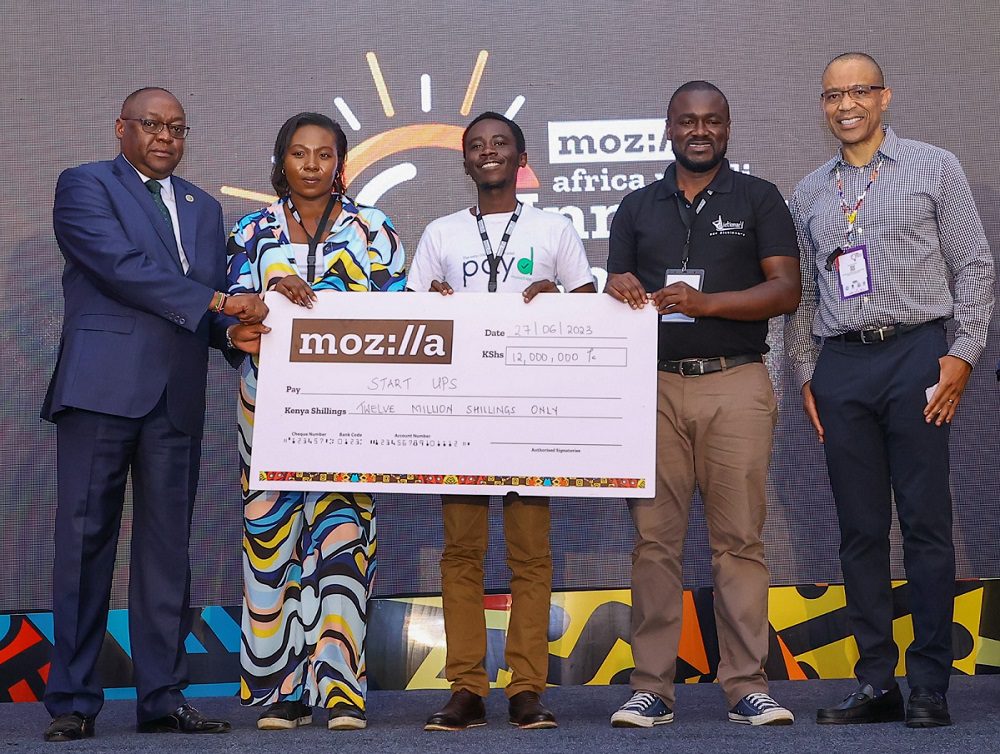By this time, most of us are resigned to the fact that Android and iOS will continue dominating the mobile operating systems landscape for at least the next few years. I say “most of us” because Samsung still believes it can make a difference with Tizen and Microsoft has never really given up on its Windows mobile platform as devices like the HP Elite X3, which was announced a year ago, confirm.
One of the other reasons to hold on to the belief that a third force could actually exist in the mobile world and, potentially, disrupt the big two someday, went up in flames in December 2015 when Mozilla announced that it was ceasing development of Firefox OS, its own mobile platform powered almost entirely by web technologies like HTML, CSS and JavaScript and targeted at devices with not the most impressive of specifications.
However, Mozilla wasn’t entirely abandoning the Firefox OS ship it had built in the past 4 years and spent a vast amount of resources pushing, it was pivoting it. Firefox OS’ entire focus would shift to “connected devices”. That meant devices like smart television sets and the Internet of Things (IoT). Besides the Panasonic 4K TV (pictured above) which introduced Firefox 2.0 to the world, we haven’t heard much about the platform that was once expected to give Google’s Android a run for its money in emerging markets.
Now, it’s just dead!
Reports have emerged that Mozilla has fired the 50-person team that was working on Firefox OS for connected devices which in itself all but confirms the end of a journey of one of the most ambitious yet underwhelming projects that the non-profit organization has ever undertaken. Firefox OS had so much potential yet so minimal impact. RIP.
![Firefox OS [Remember it?] is, Really, Dead!](https://techweez.com/wp-content/uploads/2017/02/Panasonic_4K_TV_Firefox_OS.png)




























